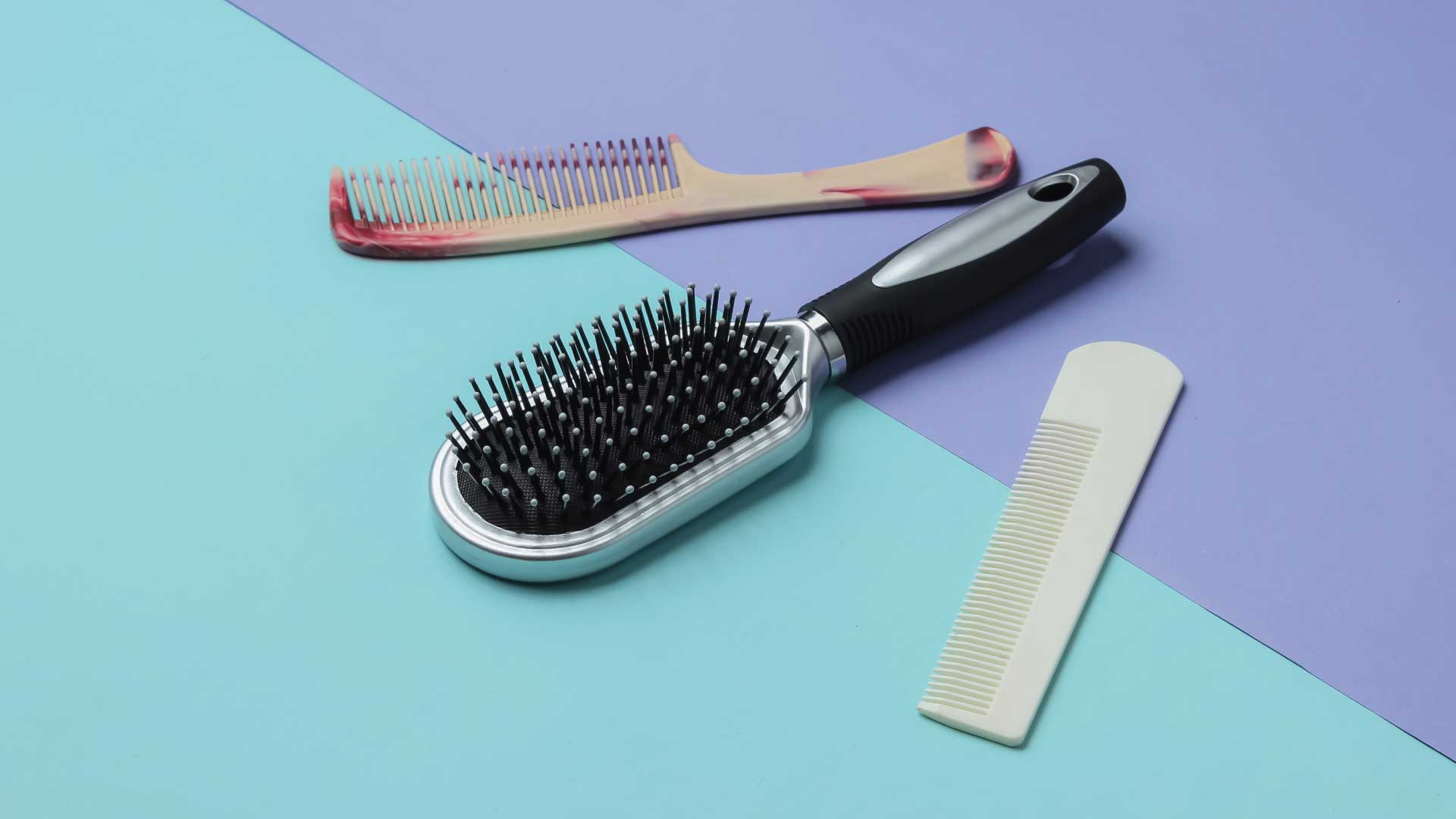

When it comes to hair care, the choice between a comb and a brush can make a difference in the health and appearance of your mane. Both have their advantages and disadvantages, and the right choice depends on various factors such as hair type, texture, and personal preferences. In this article, we’ll explore the differences between combs and brushes, and help you determine which is better for your hair health.
Combs are versatile tools that come in a variety of styles and materials. Wide-tooth combs are ideal for detangling wet hair without causing breakage, especially if you have curly or easily tangled hair. Fine-tooth combs are great for styling fine, straight hair, as they help distribute the natural oils from the scalp along the strands.
One of the main benefits of using a comb is that it produces less friction on the hair compared to a brush. This means it’s less likely to cause damage or breakage, making it a gentler option for fragile or damaged hair. Additionally, combs are easy to clean and maintain, making them a hygienic choice for hair care.
Hairbrushes also come in a variety of styles and materials, but typically feature bristles that can be natural, synthetic, or a combination of both. Brushes with natural bristles, such as boar hair, are popular for their ability to distribute the natural oils from the scalp along the strands, helping to keep the hair hydrated and healthy.
One of the advantages of brushes is their ability to smooth the hair and give it a polished look. Brushes with synthetic bristles are ideal for detangling dry hair and adding volume, while brushes with natural bristles are more suitable for fine or straight hair, as they can help prevent static and frizz.
The answer largely depends on your hair type and personal preferences. If you have fine, prone to breakage, or damaged hair, you may prefer a comb to avoid friction and minimize damage. On the other hand, if you have thick, curly hair, or want to give it a more polished look, a brush may be more suitable.
Ultimately, the most important thing is to use a quality tool and brush or comb your hair gently and carefully. Avoid pulling or tugging on the hair forcefully, especially when it’s wet, as this can cause damage and breakage. Additionally, it’s important to regularly clean your combs and brushes to prevent buildup of dirt and oils, which can clog hair follicles and affect scalp health.
In summary, both combs and brushes have their own benefits and drawbacks, and the choice between them will depend on your specific needs and hair type. The most important thing is to use a quality tool, brush or comb your hair gently and carefully, and maintain a healthy hair care routine to keep your mane in optimal condition.